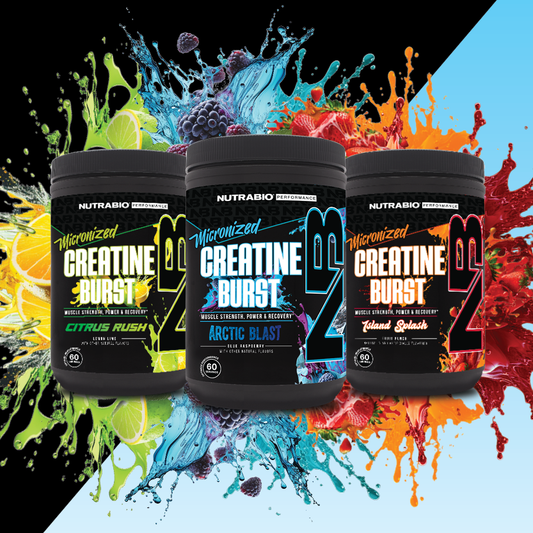Athletes are always looking for an edge. One topic of interest for gaining an advantage by dietary means is the ketogenic diet and ketone supplements. The research on ketone supplements for running or cycling performance is few and far between, but a few determinations can be made
Ketone Supplements are Sufficient for Inducing “Ketosis”

The defining hallmark for nutritional ketosis is increasing circulating beta-hydroxybutyrate, or BHB, (primary ketone body) to 0.3 mmol/L or more. In my opinion, this isn’t a good definition when discussing nutritional ketosis. Nutritional ketosis implies that there is a shift in metabolism away from carbohydrate to fat and/or ketones. Simply measuring blood levels does not provide any insight whatsoever to the myriad of changes that occur in the human system when consuming a ketogenic diet.
That being said, supplementing with ketone salts and ketone esters will increase blood BHB. Without accompaniment by the dietary changes as well, this could be regarded as “false ketosis.” Nonetheless, ketone supplements will indubitably increase ketone availability, and they could be used to fuel exercise.
Do Ketone Supplements Work?

There have only been a few studies on ketones and exercise performance, and they are equally split between no effect on performance, decreases performance, and increases performance. So, what the heck is going on?
First, there is a difference between the ketone supplements used in the research. The studies that resulted in no effect and decreased performance utilized a racemic (R-BHB and S-BHB) ketone salt, and the study that found improved performance used an R-BHB ketone ester. The R-BHB form is the active form of BHB, also referred to as D-BHB. Thus, one important factor in answering the age-old question, “does it work,” may depend on the form of ketone supplement.
Second, the study that found improved performance and used the R-BHB ester paired it with carbohydrate. Before you’re quick to say that it was the carbohydrate that improved performance, it was compared to an isocaloric carbohydrate control drink, so the BHB had an independent effect. Therefore, our second insight might be that ketone ester supplements are best paired with carbohydrate rather than consumed in isolation.
Third, exercise intensity must be considered. The study that observed decreased performance with the BHB salt conducted a high-intensity test (10km cycling time trial). The BHB salt successfully transitioned the participants to a fat-based metabolism, and fat cannot be used effectively at high exercise intensities. Therefore, ketone supplements in isolation may only serve longer, lower-intensity events. Although, it would be interested to see how a carbohydrate + BHB supplement would aid high-intensity performance, as ketones are more easily metabolized that fat
The Final Word

It’s too early to make any decisions with a lot of confidence. What we know so far suggests that a ketone supplement can improve performance. However, the ketone supplement should likely be a ketone ester (not a salt), paired with carbohydrate, and perhaps only suited for long bouts of exercise.
References:
Cox, P. J., Kirk, T., Ashmore, T., Willerton, K., Evans, R., Smith, A., ... & King, M. T. (2016). Nutritional ketosis alters fuel preference and thereby endurance performance in athletes. Cell metabolism, 24(2), 256-268.
Egan, B., & D’Agostino, D. P. (2016). Fueling performance: ketones enter the mix. Cell metabolism, 24(3), 373-375.
Evans, M., Patchett, E., Nally, R., Kearns, R., Larney, M., & Egan, B. (2018). Effect of acute ingestion of β-hydroxybutyrate salts on the response to graded exercise in trained cyclists. European journal of sport science, 1-11.
O’Malley, T., Myette-Cote, E., Durrer, C., & Little, J. P. (2017). Nutritional ketone salts increase fat oxidation but impair high-intensity exercise performance in healthy adult males. Applied Physiology, Nutrition, and Metabolism, 42(10), 1031-1035.


